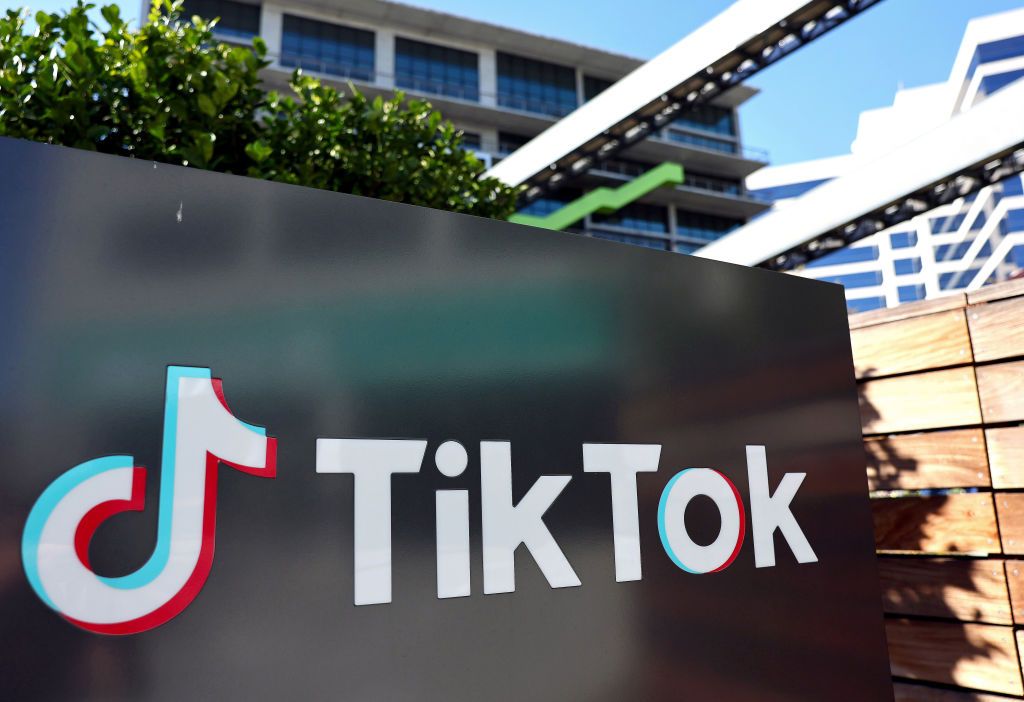The European Commission has fined Apple €1.8 billion for breaking the bloc’s anti-trust rules regarding music streaming.
Apple had banned rival streaming companies from advertising ways of getting around its “Apple Tax”, a 30 per cent charge the tech giant slaps on all payments made on its platforms.
While companies were frequently able to offer the same service at a lower cost on their own websites, where the Apple Tax would not apply, the Californian company banned its rivals from advertising cheaper prices to its iPhone customers, threatening to remove any apps from the app store if they did not abide by this rule.
We've imposed a fine on Apple for its abusive App Store rules for music streaming providers.
Press conference by Executive-Vice President @vestager ↓ https://t.co/jZF0TZ05nm
— European Commission (@EU_Commission) March 4, 2024
According to a press release published on March 4, that was illegal under European Union anti-trust rules, constituting “unfair trading conditions”.
“For a decade, Apple has restricted music-streaming app developers from informing their consumers about cheaper options available outside of the app,” European Commission Vice-President Margrethe Vestager told European media. She added that Apple had banned its rivals from even communicating any better prices to their customers via email.
“As a result, millions of European music streaming users were left in the dark about all available options.”
Vestager went on to say such an arrangement ended up “harming consumers”, especially considering Apple’s “monopoly” on app distribution on its iOS operating system for iPhones.
On top of the fine, Apple has also been ordered to refrain from interfering in how third-party streaming services communicate with their customers.
Margrethe Vestager, European Commissioner for Competition, is to attempt to exert pressure on the CEOs of Apple and Google during her ongoing US trip as the European Union looks to fully implement the Digital Markets Act. https://t.co/cyg6Zn4Tl9
— Brussels Signal (@brusselssignal) January 12, 2024
The fine came amid increasing tensions between Apple and the EU, with the former frequently lashing out at the latter over its new Digital Markets Act (DMA).
Under that legislation, Apple has been forced to make several changes to numerous core products to make them more accessible to third-party developers.
This includes Apple’s relatively closed-off iPhone ecosystem, an issue that appears to have greatly aggravated the company.
While insisting it will comply with the new rules, Apple has verbally retaliated against EU orders to change its software, accusing the EC of enforcing a law that puts the digital security of Europeans at risk.
While Apple said it had implemented the legally required changes under the EU’s new legislation, other corporations have claimed those do not comply with the DMA, with conditions remaining hostile for non-Apple products.
Vestager confirmed the EC was examining such claims and would be ready to step in if necessary.
“You may have seen that Apple has recently announced a number of changes to its App Store business model,” she said.
“At this stage, I cannot really comment on them in detail but let me stress that we will carefully look into the details, to assess the changes and to take into account also the market feedback.
“Is it actually compliant with the DMA?
“Apple will have to open the gates to its ecosystem, to allow end-users to easily find the apps they want, pay for them in any way they want and use them on any device they want,” she concluded.
After some legal back and forth over the conflict, Apple appears to have acquiesced to the bloc’s demands to implement USB-C charging in its latest version of the iPhone. https://t.co/oNzdMbgxYH
— Brussels Signal (@brusselssignal) September 19, 2023





